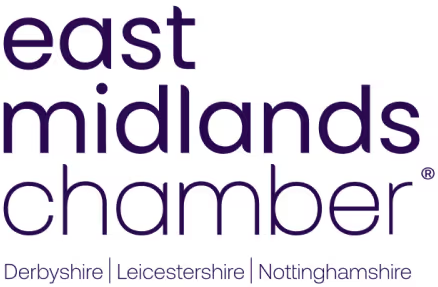Businesses may gain more from comms by writing less
23
June
2022
•
3
min read
George Orwell wrote in 1946 that 'if it is possible to cut a word out, always cut it out'.
Seventy-six years later, it's a philosophy that remains relevant.
Good copywriting is central to many levers that start-ups pull as they communicate and grow their products and services.
So what makes great copy? Clarity and brevity are key when trying to communicate a message.
Every word that you write should serve a purpose. In writing less, business owners are often saying more.
Good copywriting is persuasive
Copywriting is all about persuasion. One of the most persuasive things you can do with your copy is make it easy to understand.
Clarity, consistency and concision make it easier for readers to take in information. As a result, they're more likely to be persuaded by what you have to say.
Don't try to cram in too much information. Keep it simple and you'll increase the likelihood of getting the result you want.
This is especially true when writing for a business audience: readers are often pressed for time and highly appreciative of straight-to-the-point copy.
So remember:
- Be concise. The best copy is typically short and to the point. Avoid unnecessary words and flowery language - your readers will thank you for it.
- Be clear. Always keep your reader in mind. What do they need to know? What do you want them to understand? Think about their needs and avoid ambiguity.
- Be consistent. Whether you're writing an email subject line or a novel, make sure that your copy is purposeful and moves you towards a strategic goal.
Word counts are a challenge (and an opportunity)
In copywriting, economy is key. Every word must earn its keep. Writers spend lifetimes perfecting it.
But being concise doesn't mean being simplistic or vapid. On the contrary, the most persuasive copywriters say more with fewer words.
Think about your landing page. Good copywriting isn't about cramming as much website copy as possible into such a small space.
It's about understanding the needs of the reader. Setting out your distinct value proposition.
Copy that is too long or rambling quickly loses the reader's attention. Therefore:
- Write for your audience. Keep your reader's needs and preferences in mind when crafting your copy. What will resonate? What will appeal to their interests?
- Edit, edit, edit!. Go back and revise with a critical eye. Can any areas be condensed or clarified? Are there any superfluous words or phrases to cut?
6 tips for keeping the reader engaged
So, we know that persuasive copywriting is about being clear and concise in order to effectively communicate with the reader.
And we know that it's about thinking of the needs of the reader as well as your own.
But how can that be practically achieved?
- If you are writing for a general audience, use simple language that can be easily understood by the reader
- If you are writing for a specialist audience, use industry terminology and acronyms to hasten understanding
- Get straight to the point
- Use the active voice to make your copy more dynamic
- Keep your sentences and paragraphs short
- Edit ruthlessly to remove superfluous words
Memorable copywriting - in three words
Copywriting is an important skill for anyone in the business world.
If you have ever judged an award nomination, reviewed a funding bid, or awarded a tender you will know how persuasive clear writing can be.
The greatest copywriters can tell a very clear and concise story in just a few words. This matters, for example, with your call to action.
Here are three examples of copywriting that tell a brand story in anything from 12 words down to three:
- If you don't have an iPhone, you don't have the real thing.
- Coke: The real thing
- Just Do It
When it comes to copywriting, less is more. To be persuasive, your words need to be simple, clear and purposeful.
1284 provides expert writing services that help you communicate with your customers and stakeholders. We also reach the people judging your award nominations and funding applications.
- 1284 founder George Oliver spent 15 years as a journalist and senior editor. He is a Chartered PR Practitioner and Chartered Manager.
Our monthly newsletter updates you on
• Small business PR tips
• Regional media updates
• Local innovation & funding
By signing up, you agreeing to receive email marketing communications from 1284.












